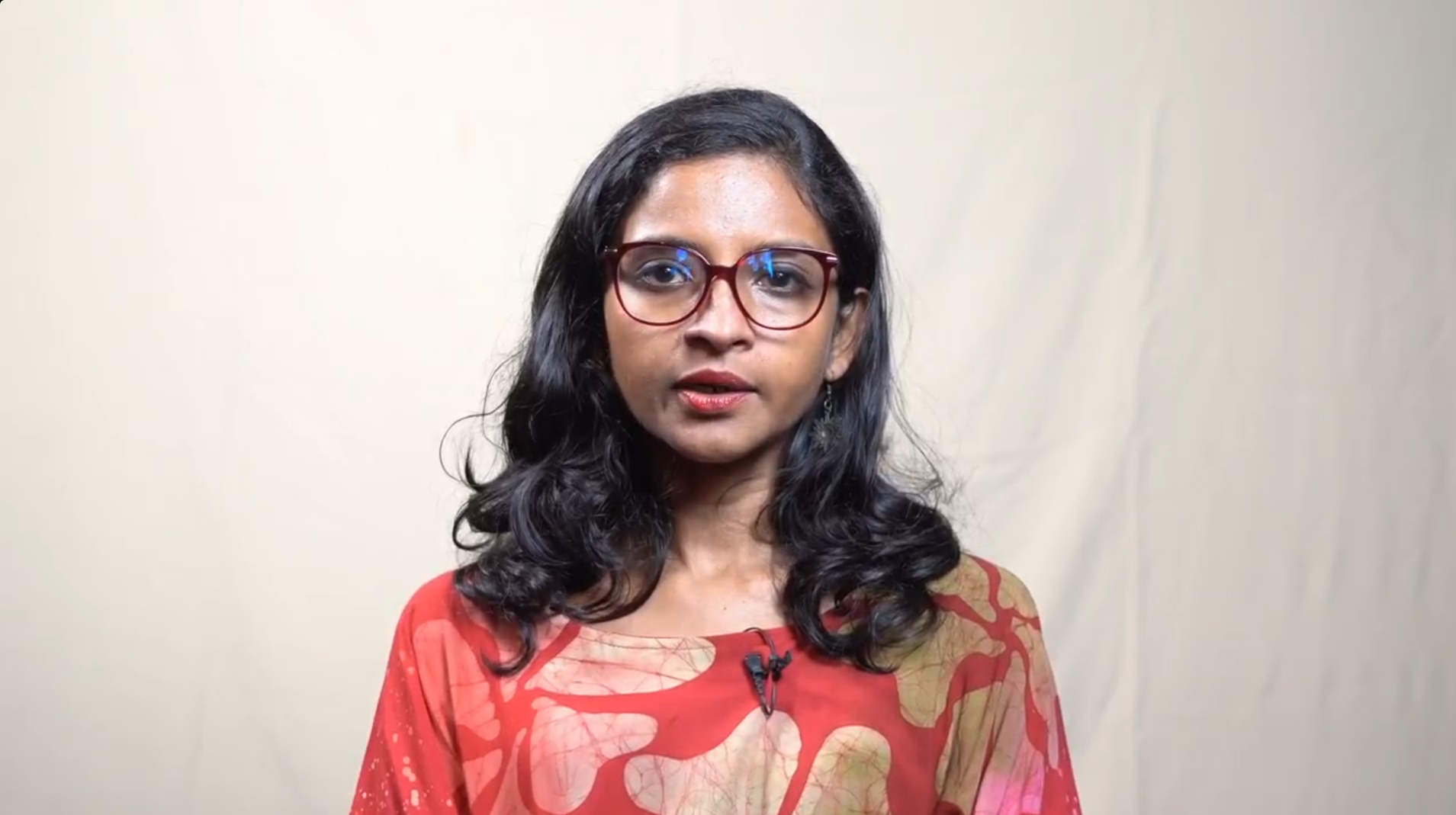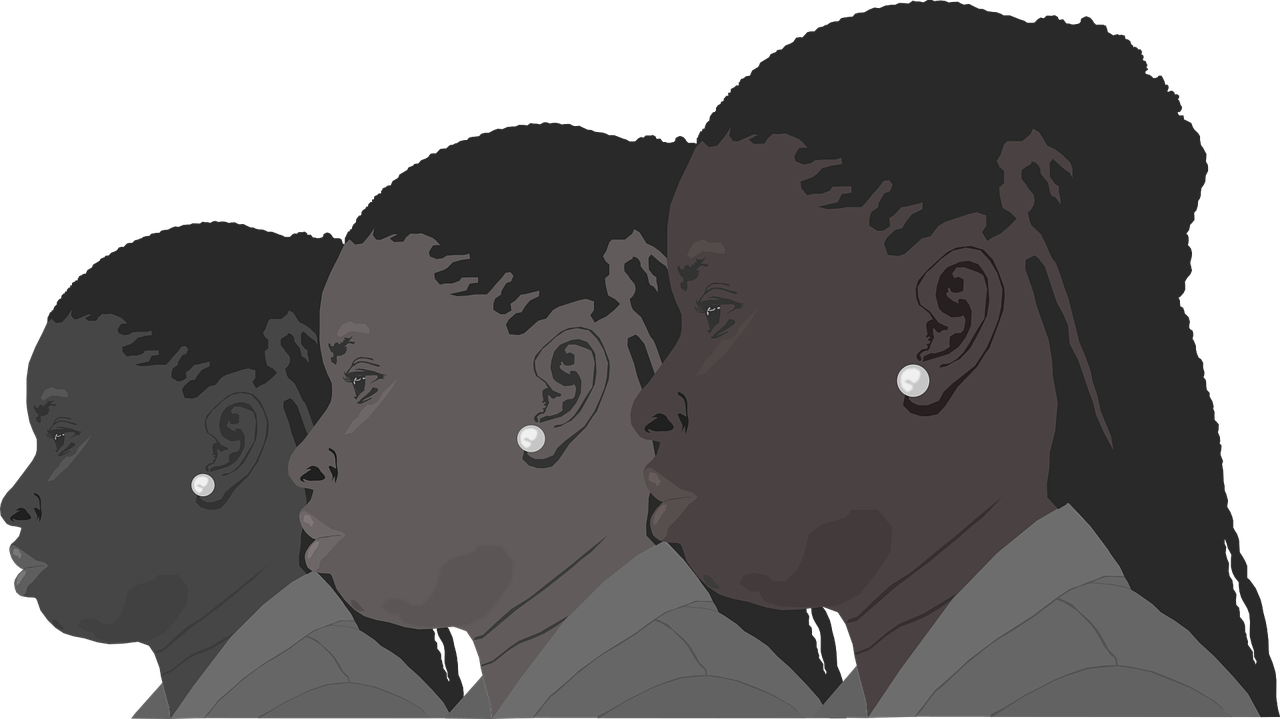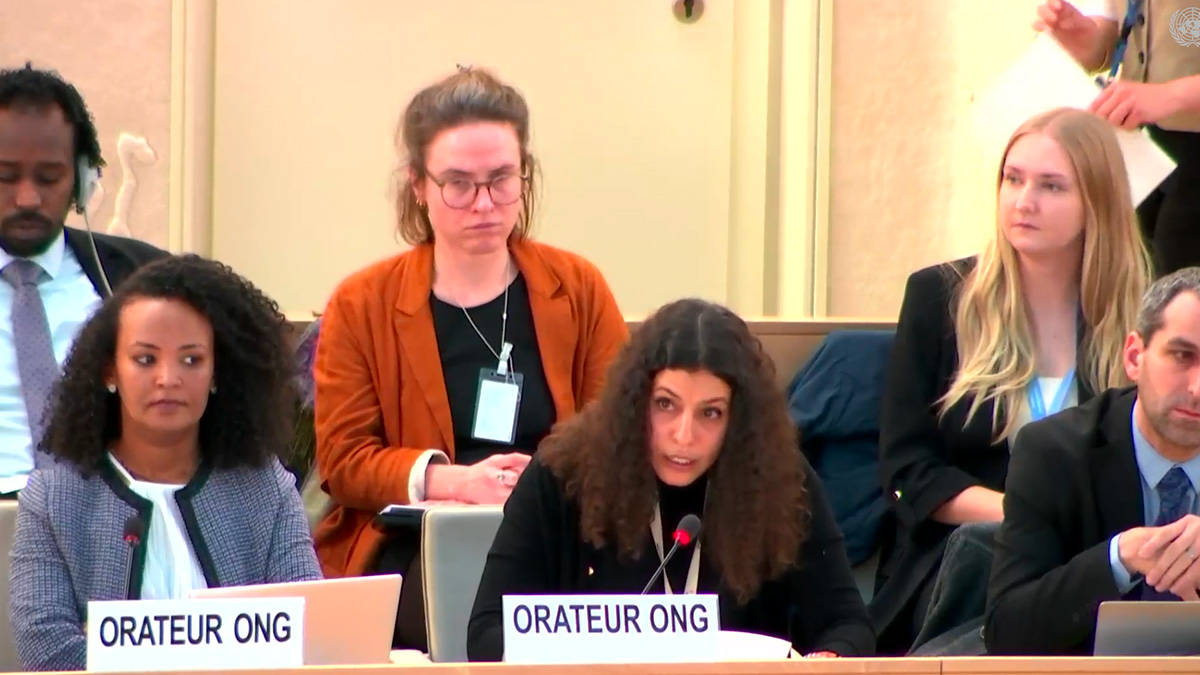The second day of the NGO Forum was an opportunity for civil society to reflect more in depth on the theme of this year’s NGO Forum ‘Post Covid-19: Rebuilding a just and Peaceful Society in Africa Based on Human Rights and Good Governance’, when it comes to specific freedoms and groups of the population. The emphasis was put on suggesting recommendations to States as to actions needed to be taken to ensure a human rights-based approach in their recovery plans post-COVID-19.
On 10 November 2020, civil society organisations participating to the NGO Forum were divided in five groups as follow:
-
The enforcement of COVID-19 measures in Africa
-
Peace and Security in Africa (the role of women and youths in Silencing the guns in Africa)
-
Freedom of association, assembly, expression and civic space in Africa
-
Economic, Social and Cultural Rights in Africa (with a focus on access to health)
-
Women, and other vulnerable and most at-risk groups
Each rapporteur of each group then presented the findings during the plenary session, allowing all participants to get an overview of the specificities of each thematic issue.
Notably, NGOs participants put forward the use of COVID-19 measures to restrict freedom of association, expression, and civic space. In some cases, laws which specifically restrict freedom of expression both online and offline were adopted. Participants noted a worrying trend in Tunisia, Morocco, Alegria or Mauritania of laws around hate speech and fake news. They also made references and shared concerns about laws restricting the freedom of assembly, such as the request for authorisation for NGOs and defenders to do their work. A lot of these laws affect human rights defenders who have been severely targeted by security forces, particularly in Egypt, mentioned for its repression against human rights defenders.
Civil society participants also expressed concerns about the repression of peaceful protesters that might continue even after the COVID-19 pandemic. They called for new laws to protect human rights defenders. They also expressed the need to develop standardised tools to allow for civil society to report to the ACPHR the restrictions of these rights.
In another group, the participants identified women, children, older persons, persons living with disability, and people living with HIV as vulnerable groups. They highlighted the human rights issues they faced during the pandemic, which included heightened restrictions on their right to freedom of association and economic and social rights. They also identified emerging issues and key challenges during the pandemic such as increased domestic abuse, gender-based violence, economic hardships for women, freedom of movement which particularly affected older persons and HIV patients as well as their access to health. In light of these issues, participants called on the ACHPR to urge African governments to protect these groups by implementing and respecting the regional human rights instruments such as the Optional Protocol on the Rights of the Child and the Optional Protocol on the rights of women known as the Maputo protocol.
“We urge the African governments to ensure the protection of these vulnerable groups. There are a lot of human rights instruments, but they are neither respected nor implemented”, said Essa Njie, lecturer in Political Science of the University of The Gambia.
Regarding economic, social, and cultural rights, the COVID-19 pandemic aggravated social gaps by compromising the rights of children such as with remote education, excluding children who do not possess a computer or have access to a stable internet connection. Finally, they called on States to take specific measures for the protection of the economic and social rights, in favour of internally displaced persons and refugees, and other vulnerable people during COVID-19.
To conclude, this session was also the opportunity to raise the issue of the impact of COVID-19 measures on human rights, especially regarding the excessive use of force by law enforcement officers implementing these regulations. Participants recommended to the ACHPR to call on States to ensure that policing measures taken in relation to the COVID-19 pandemic do not lead to unproportionate restrictions of human rights through excessive use of force. They also recommended to States to uphold their international and regional human rights engagements to prevent torture, and ill-treatment, to ensure that prisoners receive proper healthcare and have contact with lawyers, and to release sick and elderly prisoners. They also called for a moratorium on death sentences and executions because it is impossible to maintain fair trials and equitable legal representation during the COVID-19 pandemic.
Contacts: Adélaïde Etong Kame, Africa Programme Manager, [email protected]
Photo: Gustavo Ferreira Gustavo, Pixabay




